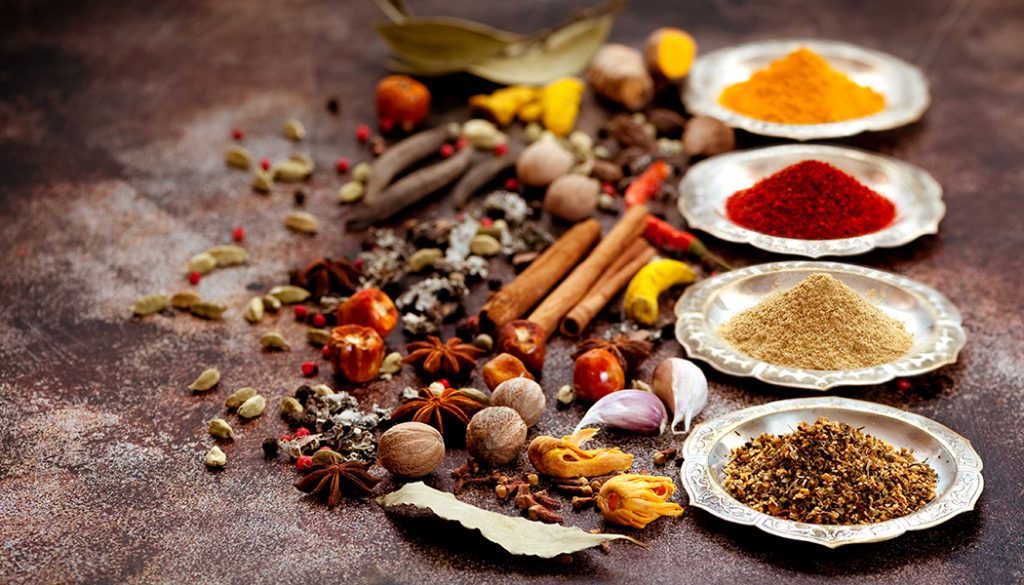The Cultural Significance of Herbs Around the World
Herbs have long been cherished across the globe, not only for their culinary uses but also for their profound cultural, medicinal, and spiritual significance. From the bustling spice markets of India to the lush herbal gardens of Europe, these plants have woven themselves into the fabric of human history, symbolizing health, tradition, and connection to nature.
Ancient Origins and Healing Practices

Herbs have been a cornerstone of traditional medicine systems worldwide. In ancient Egypt, herbs such as coriander and dill were prized for their healing properties and even placed in tombs as offerings for the afterlife. Meanwhile, in traditional Chinese medicine, ginseng and licorice root are considered vital for balancing the body’s energy or “qi.” Similarly, Ayurveda, an Indian system of medicine that dates back thousands of years, extols the virtues of turmeric and holy basil for promoting health and longevity.
In many indigenous cultures, herbs play a sacred role. Native American tribes, for instance, use sage in purification rituals, believing its smoke carries prayers to the spirit world. This practice of smudging has gained recognition for its cultural and spiritual depth, resonating with communities worldwide.
Herbs in Culinary Traditions
The culinary use of herbs is a vivid reflection of cultural identity and history. Basil, a staple in Italian cuisine, transforms simple dishes like pizza and pasta into timeless classics. In the Middle East, za’atar—a blend of thyme, oregano, sumac, and sesame seeds—is a beloved seasoning, symbolizing hospitality and home cooking.
Herbs also highlight the resourcefulness of cultures in adapting to their natural environments. For example, Nordic countries, with their cold climates, rely on dill and juniper to flavor their pickled and preserved foods. Conversely, tropical regions such as Thailand embrace lemongrass and kaffir lime leaves for their vibrant and refreshing notes in dishes.
Herbs as Symbols in Rituals and Traditions
Herbs often carry symbolic meanings, transcending their physical uses. In Greek and Roman traditions, laurel leaves symbolized victory and were used to crown heroes and athletes. In Hindu weddings, turmeric is revered for its auspicious color and antiseptic properties, signifying purity and prosperity.
Many cultures associate herbs with protection and spirituality. For instance, garlic is believed to ward off evil spirits in European folklore, while in West African traditions, certain herbs are used in rituals to honor ancestors and seek their guidance.
Modern Revival and Global Connections
Today, there is a resurgence of interest in herbs, driven by a growing awareness of their health benefits and sustainable nature. Herbal teas, essential oils, and natural remedies have gained popularity across the globe, bridging ancient wisdom with modern lifestyles. Moreover, the exchange of culinary traditions has introduced people to the diverse flavors and uses of herbs, fostering cross-cultural appreciation and understanding.
Conclusion
Herbs are more than just plants; they are a testament to humanity’s relationship with nature and each other. They embody centuries of knowledge, cultural identity, and communal practices. Whether used to heal, flavor food, or celebrate rituals, herbs remind us of our shared heritage and the rich diversity of global traditions. By cherishing these green wonders, we honor the wisdom of the past while nurturing a more connected and sustainable future.


